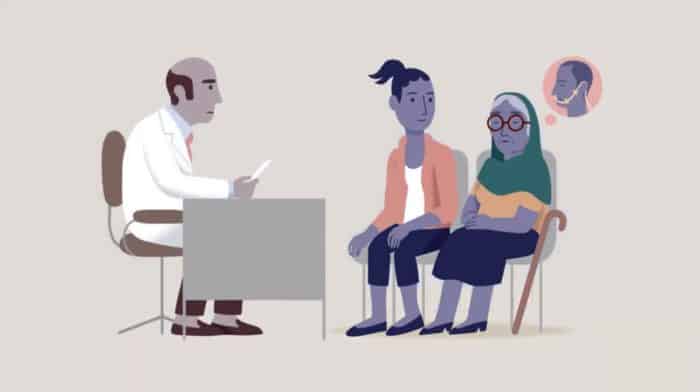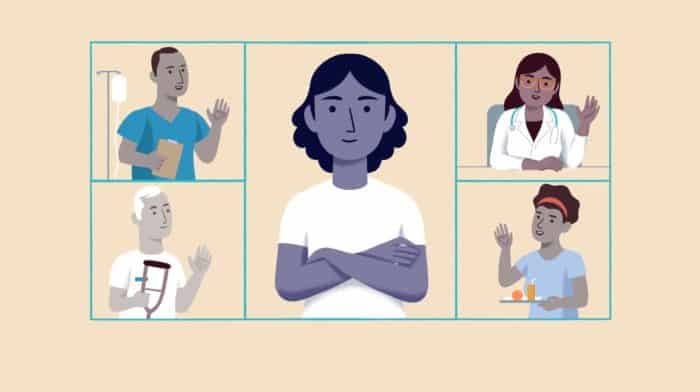Advance Care Planning in Ontario
If you need medical treatment, the health care professionals that see you, need to have your consent. If you couldn’t speak for yourself, who would you want to speak for you?
If you’re not able to speak for yourself because of an accident or a change in your mental ability, you might not be able to give consent, and your doctors will need to know who can make decisions about your medical care for you. So back to that first question, who would you want to speak for you?
If you couldn’t speak for yourself, who would you want to speak for you?
If you need medical treatment, the health care professionals that see you, need to have your consent.
If you’re not able to speak for yourself because of an accident or a change in your mental ability, you might not be able to give consent, and your doctors will need to know who can make decisions about your medical care for you
So back to that first question, who would you want to speak for you?
An advanced care plan can help!
An advanced care plan formally gives the person you choose the ability to make decisions about your care for you when you can’t. This person is called a substitute decision maker.
It’s about communicating to them what your wishes, values, and beliefs are, so they know how to make serious decisions about your care
It’s best to talk to your substitute decision maker now about what you want, in case they need to speak for you in the future.
You’re probably wondering, how do I do that? Start by having a conversation. Write down things that are important to you, so you don’t forget what you want to say.
Having an advanced care plan isn’t giving consent to any treatment right now, it’s just to prepare the person you choose to know what choices to make if you can’t do it yourself.
So, who should have an advanced care plan?
Every adult should make these plans early, just in case an emergency happens.
Don’t wait.






